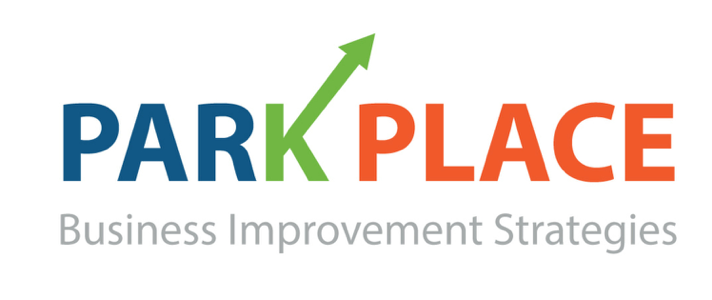6 Simple Steps for Managing Cash Flow
Your business is not alone.
Many businesses struggle to keep their cash flow positive.
More than likely, you can make a few simple changes that would
improve your cash flow dramatically!
A cash flow strategy should consist of more than just sending out invoices and hoping you’ll get paid. There are six critical areas in which to focus. Each of these components needs to be thought through, detailed in writing, and implemented consistently. Our goal is to give you the basic information you need to formulate and put into practice an effective cash flow strategy.
6 STEPS TO MANAGING CASH FLOW PROBLEMS
1. IDENTIFY THE REAL PROBLEM
2. ASK FOR PAYMENT SOONER RATHER THAN LATER
3. INVOICE MORE ACCURATELY, EARLIER AND/OR MORE OFTEN
4. MAKE IT FAST AND EASY FOR YOUR CLIENT TO PAY
5. COLLECT ON YOUR INVOICES
6. STAGGER YOUR MAJOR EXPENSES
1. IDENTIFY THE REAL PROBLEM
One of the keys to successfully solving any problem is to identify the root cause(s). Cash flow issues are rarely solved by going to the bank for a short term loan; looking deeper may well negate the need for a loan. For example, are your services priced appropriately? If you aren’t charging enough money for your work, without restructuring your pricing model, you will never experience positive cash flow. Similarly, if you don’t have enough clients, the fundamental problem is marketing, not cash flow procedures.
Let’s talk about the 2 big picture issues that may be negatively impacting cash flow:
PRICING & CLIENTS
2. ASK FOR PAYMENT SOONER RATHER THAN LATER
Are you asking for payment before, at the time of, or after you provide your services? Cash flow is very significantly impacted by the length of time that elapses between when you perform the service and when you receive payment for it. The shorter that interval, the better. So, in your business, how can you keep that time as short as possible?
3. INVOICE MORE ACCURATELY, EARLIER AND/OR MORE OFTEN
Time is ideally collected daily, but at a minimum it should be collected once a week. Any longer than that and I guarantee that you are under billing your clients. If you don’t quite remember how much time was spent, odds are you will under- rather than over-report the time. The closer the timesheet is completed to when the work is done improves the accuracy of the billing time.
Free Consultation
Contact us for a free one hour discussion about your current Cash Flow procedures and how they can be streamlined.
4. MAKE IT FAST AND EASY FOR YOUR CLIENTS TO PAY
The days of mailing a physical invoice to your clients are nowhere near over, but paperless billing and/or email reminders can be a more efficient means of keeping your clients aware of their financial responsibilities while you’re providing services. It’s as simple as collecting an email address when you gather other client info.
5. COLLECT ON YOUR INVOICES
This also seems like a no-brainer, but it has been shocking to me how much of any company’s invoices are never actually collected. YIKES! You have performed the work or provided the product, you deserve to be paid. If you haven’t received payment within 15-30 days, you must have a pre-programmed next steps in place.
6. STAGGER YOUR MAJOR EXPENSES
Staggering payroll with your other major expenses can help to get a better hold over cash flow. For example, consider paying payroll on the 15th and 30th (2nd and 4th weeks) and all other expenses around the 1st and 21st (1st and 3rd weeks). This will prevent a major drain on your account before the balance can be replenished with client payments.
Free Consultation
No matter what challenges your business is facing, or will face in the future, we are always here to help with a free 1-hour consultation on a business topic of your choice.
CASH FLOW BEST PRACTICES
Revisit pricing twice a year
Implement a strong marketing plan to bring in the right clients
Ask for & collect payment as close to the time the service is performed as possible
Secure a retainer when appropriate
Track your time hourly
Compile time weekly, include information about what is ready to be invoiced
Invoice once a week
Make it fast & easy for clients to pay by utilizing appropriate electronic tools
Manage A/R weekly with a simple collections plan
Create an expense payment plan that fits with the ebb and flow of your income
There they are – they don’t seem so fancy or earth shattering BUT they work. And providing that your pricing is right and you are attracting enough clients, you should never have a cash flow problem.


